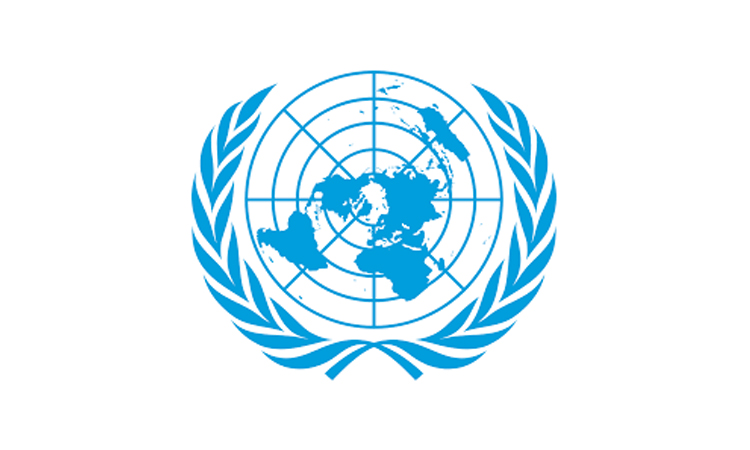News Flash


GENEVA, Sept 16, 2025 (BSS/AFP) - Growth in global innovation funding has fallen to its lowest rate since 2010, UN projections showed Tuesday, as high inflation eats into research and development spending and as venture capital deals slump.
In its annual ranking of the world's most innovative economies, the World Intellectual Property Organization (WIPO) placed Switzerland at the top of the list for the 15th consecutive year.
Sweden and the United States retained their second and third place positions for the third year running, while China edged its way one spot higher and into the top 10.
But while the ranking picture largely resembled that of recent years, the United Nations patent agency cautioned that global innovation funding growth had notably slowed.
"The fuel powering the engine of innovation, which is capital, which is financing, is not as abundant as before," WIPO chief Daren Tang told reporters.
"After a decade of rapid expansion in R&D spending and venture capital investment, we are witnessing a shift," he said in the foreword of the report.
The WIPO report said R&D spending growth slowed to 2.9 percent last year, down from 4.4 percent a year earlier, and it projected that growth would slow further this year, to 2.3 percent.
Business R&D expenditures, which represent over 70 percent of total global R&D, is projected to grow just 1.4 percent in 2024 and 2025, when excluding the China and the United States from projections -- far below the 4.6-percent average of the past decade, WIPO said.
"If these estimates prove correct," the report said, "they would be the lowest growth rates on record since 2010 -- the year after the financial crisis and the ensuing Great Recession".
It added that business R&D would be at the same level as the growth rate for total R&D expenditure, "a situation that has not been observed since the early 2000s".
- 'Not firing on all cylinders' -
The global value of venture capital (VC) funding for new ideas for products and services meanwhile rose 7.7 percent last year.
But WIPO said that was largely driven by US-based megadeals and surging investment in generative AI.
Excluding such investments, VC values would have contracted, it said.
And the number of VC deals actually fell 4.4 percent globally for a third consecutive year, "signalling persistent investor caution outside a narrow set of sectors and geographies", WIPO said.
"The global innovation engine is not firing on all cylinders," Tang warned.
"Slower growth in R&D investments and declining VC activity reminds us that innovation requires sustained upstream and financial commitment," he said.
But Sacha Wunsch-Vincent, head of WIPO's department for economics and data analytics, said expected interest-rate cuts by central banks were expected to push down inflation, which could boost innovation spending.
"That's good news, I think, for the future of innovation," he told reporters.